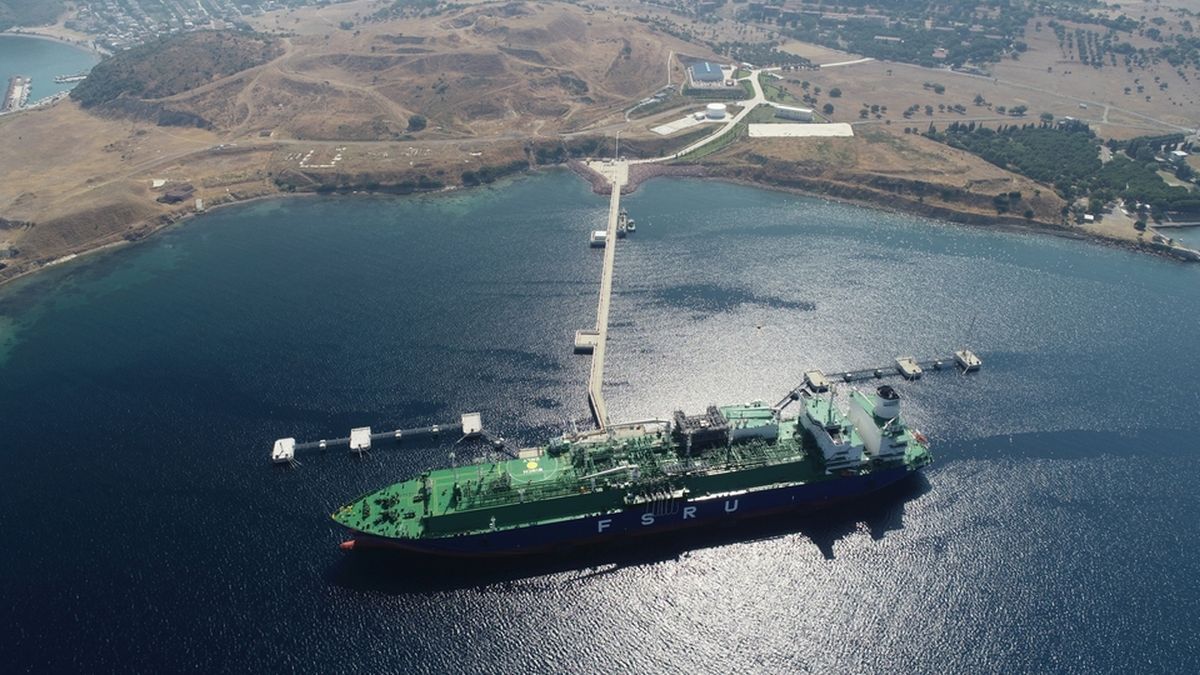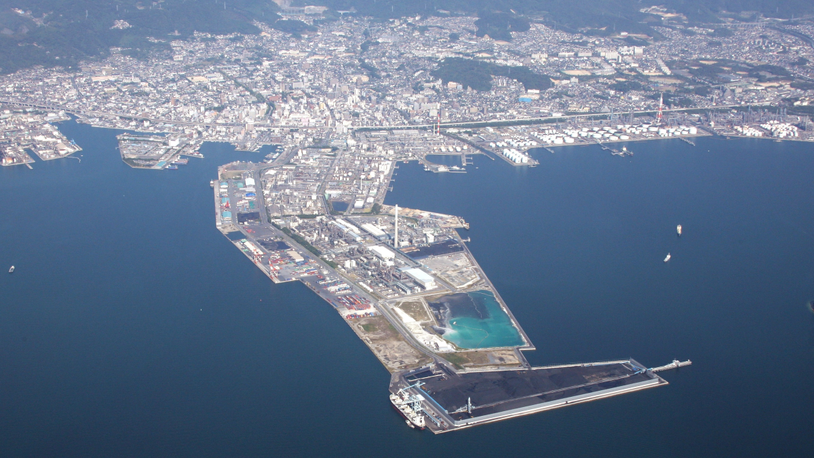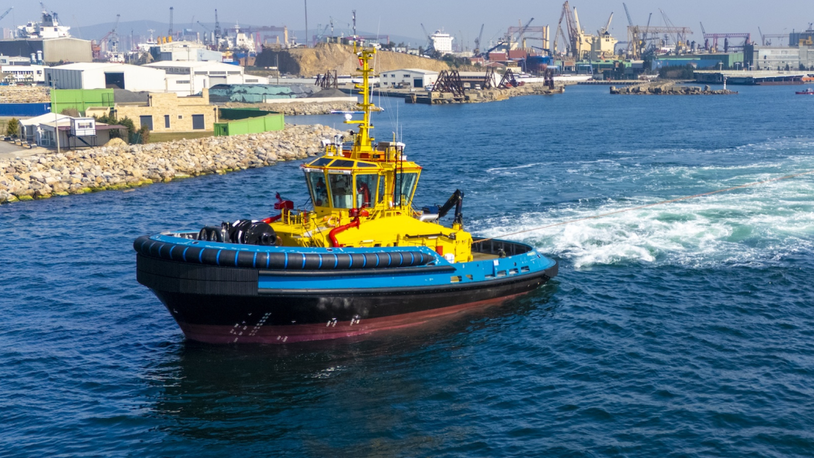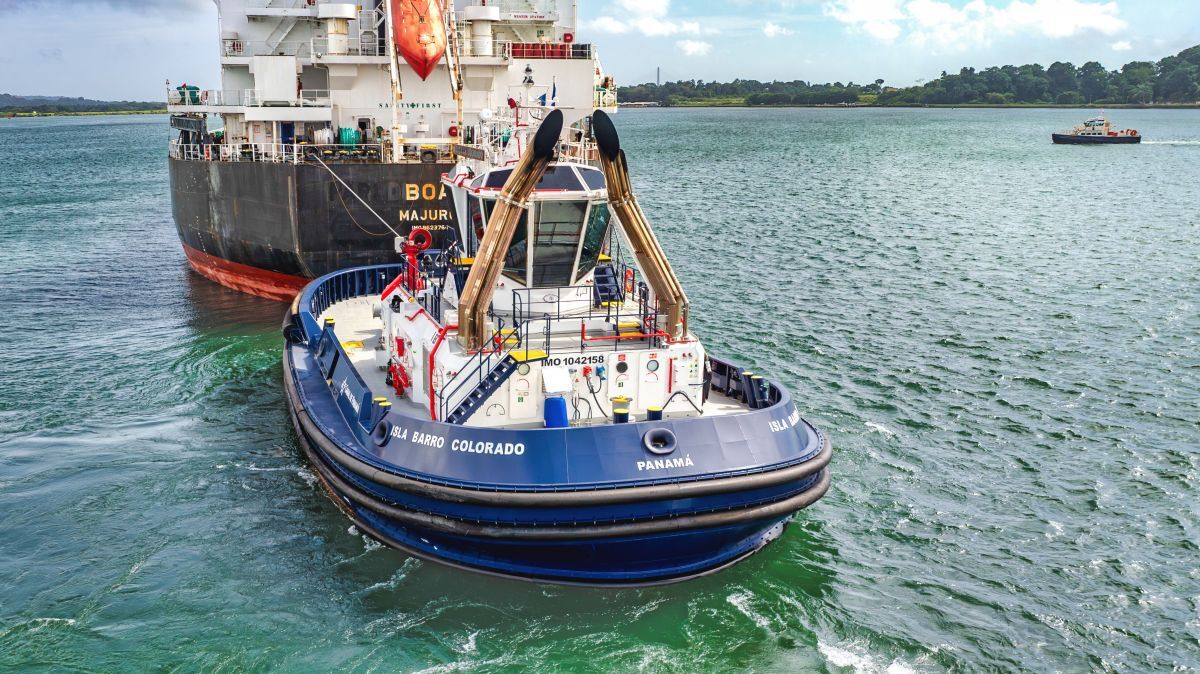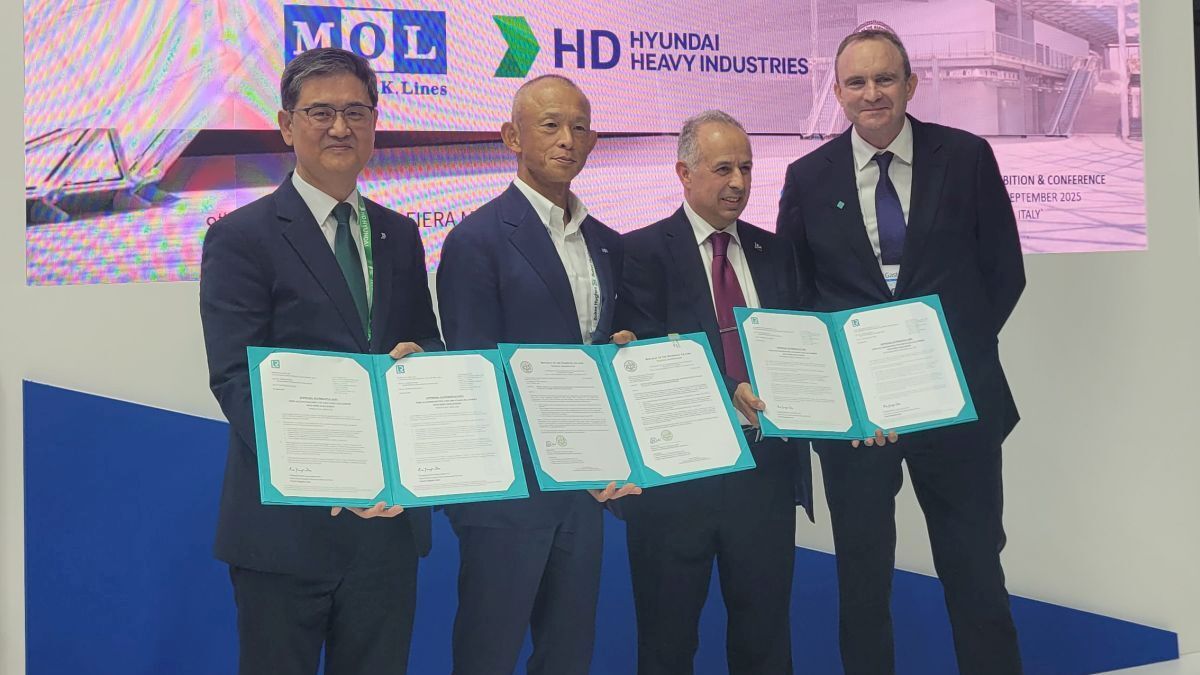Business Sectors
Events
Offshore Wind Webinar Week
Contents
MT30 gas turbines power naval vessels around the world
UK manufacturer Rolls-Royce has recently announced the successful completion of the factory acceptance test for the first MT30 Gas Turbine to be installed in the UK Royal Navy’s new Type 26 Global Combat ships. The contract covers the supply of MT30 gas turbines for the first three vessels and the company has also signed Design Development Agreements (DDAs) with BAE Systems for other shipboard equipment, including steering gear, stabilisers, handling equipment and diesel generator sets to power the ship’s electric drive system.
At the time of the announcement, Philip Dunne MP, UK Minister for Defence Procurement, said “I am very pleased to welcome the delivery of the first Type 26 Global Combat Ship MT30 Gas Turbine engine, which will be a key long lead item for the programme. The Type 26 will be a multi-mission warship with capability to meet the future demands of the maritime environment, including complex combat operations, counter piracy, humanitarian and disaster relief work.”
The Type 26 will be a key vessel in the UK’s surface defense fleet and the engine is of critical importance to the vessels’ role. Commenting on the milestone, Don Roussinos, Rolls-Royce, president – naval, said “Successful completion of the factory acceptance test is a significant achievement for everyone involved in the Type 26 programme. Producing 36 to 40MW, the MT30 gas turbine is the world’s most powerful in-service marine gas turbine with the highest power density and will deliver a high power output in a compact space – an essential factor for naval propulsion.”
The MT30 has been developed from Rolls-Royce Trent flight engine technology and has the support of over 45 million hours of reliable operating experience since the introduction of the Trent series in 1996. Designed with 50 to 60 per cent fewer parts than other aero-derivatives, it carries type approval from both the American Bureau of Shipping and Lloyd’s Register. The MT30 first saw service in 2008, providing power for the US Navy’s first littoral combat ship, USS Freedom. This application featured twin MT30 engines alongside two diesel engines, driving waterjets in a combined diesel and gas turbine mechanical configuration and capable of propelling the ship at speeds in excess of 40 knots.
Current power rating of the MT30 is 36MW but a maximum power output of 40MW is available, with the unit flat-rated to 38°C ambient. There is no power loss between overhauls and thermal efficiency is quoted at 40 per cent, with operating efficiency maintained at loads down to 25MW. The engine can also be configured for mechanical or electrical drive. The core design is based on a twin-spool arrangement, with a high-pressure ratio gas generator and a four-stage free power turbine. The intermediate pressure compressor has eight stages of variable geometry and the high-pressure compressor contains a further six stages. Three stages of variable vanes and blow off valves are included for compressor handling purposes and a feed of intermediate pressure air is used for bearing sealing and cooling purposes.
State-of-the-art blade cooling technology is included to ensure metal temperatures are held within required limits and, for marine service, key components have a protective coating applied to ensure long service lives in aggressive environments. The core gas turbine unit, which would be changed out at major maintenance points, weighs only 6,500kg including its power turbine. The total weight of the complete gas turbine module, including its enclosure and ancillaries, is approximately of 30,000kg, offering a high power-to-weight ratio. The MT30 meets all current and anticipated legislation on emissions using commercially available fuels, without requirements for special modifications or the fitting of additional equipment.
In addition to the Type 26 applications, the MT30 has also been selected to power the latest FFX frigate for the Republic of Korea Navy and MT30 alternator packages will power both the UK Royal Navy’s Queen Elizabeth-class aircraft carriers and the US Navy’s DDG 1000 advanced destroyers.
Related to this Story
Events
Offshore Wind Webinar Week
Maritime Decarbonisation, Europe: Conference, Awards & Exhibition 2025
Offshore Support Journal Conference, Americas 2025
© 2024 Riviera Maritime Media Ltd.





